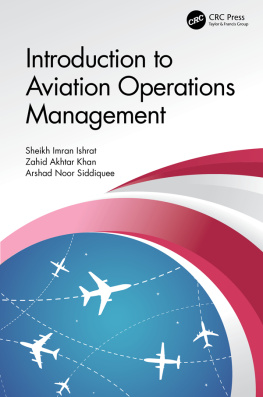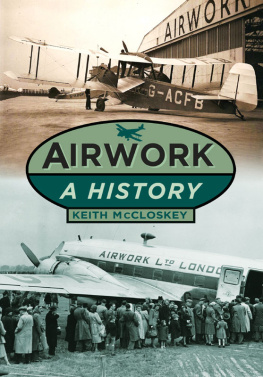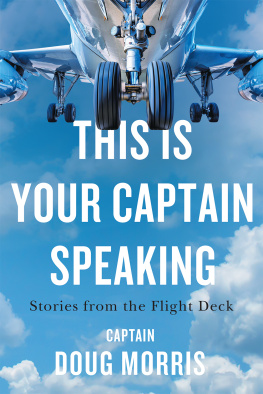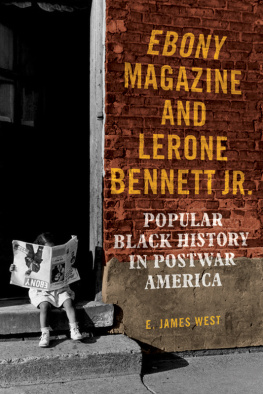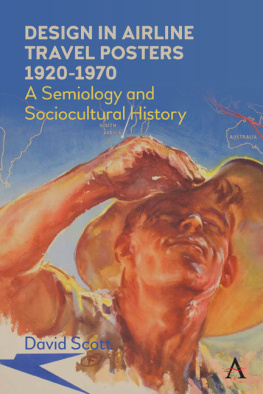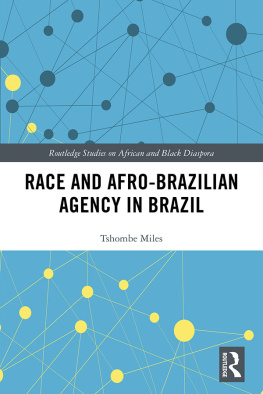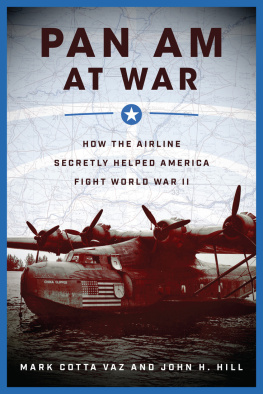It is true what they say: writing a book takes longer and is lonelier than you think. But it is also true that the abundant grace of others makes it possible to stay the course. This book found its way into the world because of that benevolence.
I owe a tremendous debt of gratitude to Sonya O. Rose. I cannot imagine a more understanding teacher and mentor. She has commented on countless drafts, listened, and shared her incredible insight during and long after our time together at the University of Michigan. She has raised all the right questions with admirable patience. She has pushed and encouraged me for the better. Throughout, she and her partner Guenter have offered warmth, friendship, and laughter, along with immeasurable support. They continue to make an awesome world of difference.
This book would not be here without the untrammeled imagination of people who participated in the Doctoral Program in Anthropology and History at Michigan, aka Anthrohistory. David William Cohen, Fernando Coronil, and Julie Skurski introduced me to the marvels of radical transdisciplinary curiosity. They explained why alternative ways of thinking, writing, and knowing are possible and necessary. They refused to believe that rigorous study and a sense of creative wonder cannot go together. They opened their homes and shared the love of their families. David, Fernando, and Julie: thank you for teaching by example and with heart. Similarly, Paul K. Eiss, Purvi Mehta, Monica Eileen Patterson, David Pedersen, and Julianne OBrien Pedersen have been steadfast comrades, interlocutors, and friends. They have kept me going with late-night phone calls, unexpected treats by mail, and random visits when I needed them most. Their incisive criticisms and stunning capacity for exploration made for a stronger book.
I am lucky to have benefited from the goodwill of others I met at Michigan. I am indebted to faculty, postdocs, and fellow graduate students for providing intellectual and emotional support, including Laura Brown, Elana Buch, Sharad Chari, Frank Cody, Frederick Cooper, Aimee Meredith Cox, Shannon Lee Dawdy, Laurent Dubois, Kevin Gaines, Ema Grama, Zareena Grewal, Edin Hajdarpasic, Karen Hebert, Federico Helfgott, Daniel Hershenzon, Erik Huneke, Mark Hunter, Caroline Jeannerat, Olivera Jokic, Webb Keane, Emil Kerenji, Alaina Lemon, Allison Lichter, Oana Mateescu, Edward Murphy, Vladimir Pavlovic, Bhavani Raman, Natalie Rothman, Bill Schwarz, Julius Scott, Genese Sodikoff, Pete Soppelsa, Jessica Thurlow, and Kidada Williams. I am grateful to Lorna Altstetter, Sheila Coley, and Diana Denney who dealt with all of my questions without complaint. I offer heartfelt special thanks to Gabrielle Hecht. She exposed me to science and technology studies and provided ample feedback and considerable guidance. And thank you, Erika Gasser, and thank you, Mary OReilly, for making much of the experience a blithesome occasion. Mary: your dazzling fierce friendship and mind are missed daily.
I am deeply appreciative of the supportive community I have found at Colby College. Colleagues, students, and staff have inspired and invigorated me in innumerable ways, particularly those in the Department of Anthropology and in the African-American Studies Program. Catherine Besteman, Cheryl Townsend Gilkes, and Mary Beth Mills made the tough transition from graduate student to faculty member easier. They fought hard for me more times than I know. They made sure that I had time to research, write, and have fun. Catherine, Cheryl, and Mary Beth, together with Maple Razsa, David Strohl, and Winifred Tate have considerably advanced this project. Britt Halvorson, whom I have known since graduate school, has also furthered this work. Her remarks and trust, as well as her true commitment to serious intellectual play, have delighted and propelled me through the ups and downs of writing a book and living an academic life. Sweet cheers to all of them for building us an active scholarly home. I cannot thank enough other colleague-friends who have created similar homes in other spaces: James Barrett, Kim Besio, Lyn Mikel Brown, Cedric Bryant, Megan Cook, Ben Fallaw, Nadia El-Shaarawi, Bevin Engman, James Fleming, Patrice Franko, Jill Gordon, Walter Hatch, Rebeca Hey-Coln, Noel James, Russell Johnson, Karen Kusiak, Sandy Maisel, Jonathan McCoy, Margaret McFadden, Suzanne Menair, Steven Nuss, Jorge Olivares, Anindyo Roy, Cyrus Shahan, Jay Sibara, Judy Stone, Graham Stoute, Walter Sullivan, Mark Tappan, Sonja Thomas, Wayne Wilson, and Rob Weisbrot. Wholehearted praise for the expertise of librarians and staffBev Boose, Beth Christopher, Karen Gillum, Celeste Lessard, and Marilyn Pukkila. They have rescued this book over and again. Friendships with Sahan Dissanayake, Rabbi Rachel Isaacs, Lydia Moland, Laura Saltz, Betty Sasaki, and Melanie Weiss have been inimitable gifts of strength and love. Lisa Arellano, Tashia Bradley, Julie de Sherbinin, and Carleen Mandolfo have become family.
The magical edges of conversations with students at Colby have brought me ineffable joy. The opportunity to teach and learn from them has been an honor. Thank you, bright gentle thinkers, for taking my classes and inviting me to work with you in other ways. You have taught me how to be a better teacher and scholar. Time and again, the marvelous efforts of students in my black radical imaginations and my senior seminars, as well as those in Students Organized for Black and Hispanic Unity (SOBHU), have reminded me that struggle matters. Thank you! My keen research assistants also deserve exclamatory appreciation for the herculean tasks they did with terrific success: Janelle Baptiste, Diamond Drayton, Tionna Haynes, Tiffany Martin, Debbie Merzbach, and Jemarley McFarlane. Abby Snyder used her magnificent command of language to proofread the entire manuscript. Her notes and generous spirit helped me through the final stages of writing. Hannah DeAngelis made sure that I never forgot the sustaining power of a gorgeous sentence. Her uncanny ability to recommend the right book undid difficult times. Emily Pavelle kept the big picture squarely in perspective with her knack for finding sage amusements and generating smart glee. An earnest note of gratitude for students who have gone above and beyond to stay in touch long after graduation. They continue to enrich my life. I trust they know who they are.


